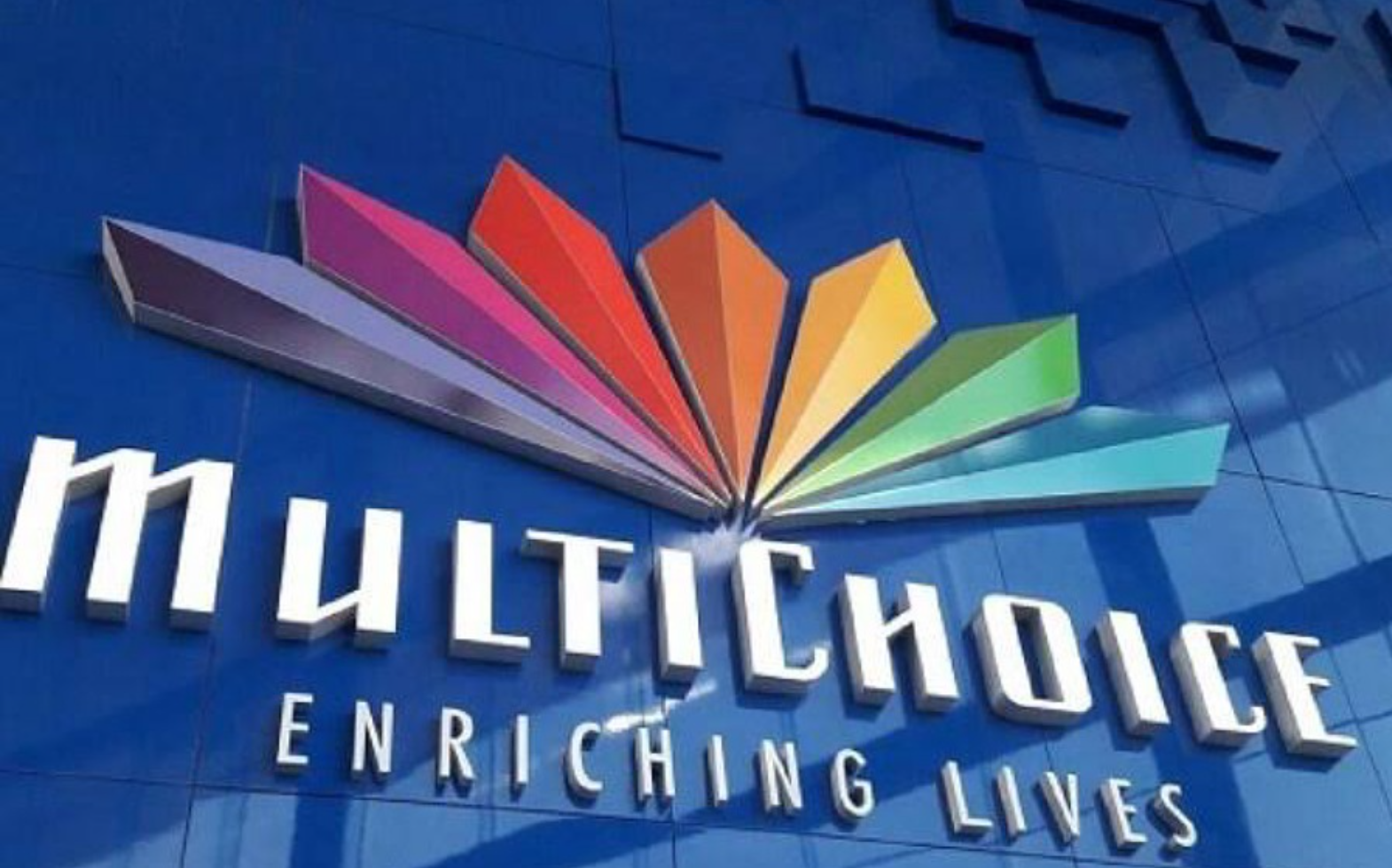Multichoice Nigeria Limited has approached the Federal High Court in Abuja to oppose an application that seeks to compel the company to meter its GOtv and DStv decoders for pay-per-view subscriptions.
The lawsuit, initiated by Maduabuchi O. Idam, Esq., challenges the company’s billing practices and demands that unused subscriptions roll over upon expiration for Idam and other Nigerian customers.
Joining the suit are several regulatory bodies, including the Federal Competition and Consumer Protection Commission (FCCPC) and the National Broadcasting Commission (NBC).
Idam argues that current practices disconnect customers from service upon subscription expiration, regardless of usage, and that Multichoice arbitrarily raises package prices without adequate justification.
“Consumers are left vulnerable to arbitrary pricing and disconnected from their subscriptions, which is a clear violation of their rights,” Idam stated in his complaint.
He contends that the lack of transparency surrounding billing rates constitutes exploitative trade practices under the Federal Competition and Consumer Protection Act, 2018.
READ ALSO: N150m fine: Multichoice accuses tribunal of breach of right to fair hearing
In response, Gozie Onumonu, Head of Regulatory Affairs and Government Relations at Multichoice, defended the company’s practices, stating that billing information is clearly provided to customers.
He also pointed out that the Pay-As-You-Go (PAYG) model is not commercially feasible for satellite broadcasting due to technological limitations.
“PAYG has been extensively reviewed by regulatory bodies, and it was determined that implementing such a model in satellite broadcasting is not viable,” Onumonu explained. He highlighted that satellite services lack the necessary return communication system that would allow for such metering.
Onumonu further outlined the reasons behind subscription rate increases, citing factors like exchange rate fluctuations, rising content acquisition costs, and significant electricity tariff hikes. Despite these challenges, he emphasized Multichoice’s commitment to investing in Nigeria’s television industry, with over $514 million dedicated to local content production and talent development.
The case follows a recent decision by the Nigerian Competition and Consumer Protection Tribunal regarding a similar complaint, highlighting ongoing scrutiny of Multichoice’s pricing strategies. As the court prepares to hear the case, stakeholders await its implications for consumer rights and the future of pay-TV services in Nigeria.

 Entertainment5 days ago
Entertainment5 days ago
 Health1 week ago
Health1 week ago
 Health4 days ago
Health4 days ago
 Football1 week ago
Football1 week ago
 Football1 week ago
Football1 week ago
 Crime4 days ago
Crime4 days ago
 Education6 days ago
Education6 days ago
 Crime1 week ago
Crime1 week ago

